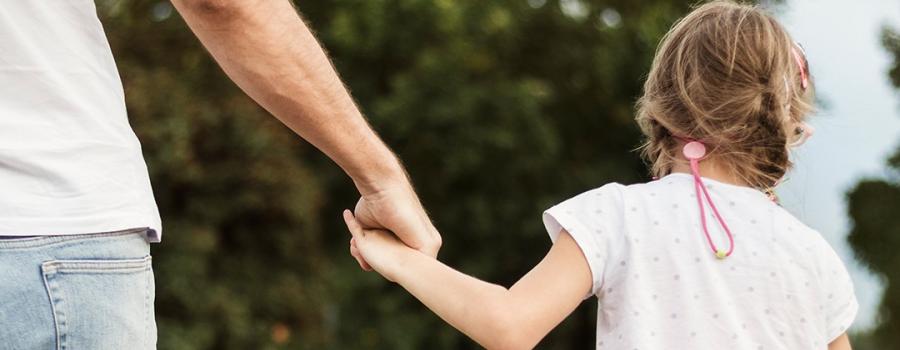Dear Dr. Michelle:
Our daughter was adopted and we don’t know if we should tell her. If we do tell her, we don’t know when to tell her.
Max and Emma
Dear Max and Emma:
It is good that you are thoughtfully considering this question for your daughter’s sake. Many parents are faced with this challenge, and the best course of action is to be open and honest about your child’s adoption. We all need to understand where we come from; the story of our own life is what makes us unique and special. In order to become one’s true and authentic self, each of us needs the opportunity to embrace and reconcile our own history. Given the importance of our personal story, you will want to tell your daughter about her adoption. The question is when to tell her. Being upfront and direct about the adoption from the start and integrating your child’s adoption story into their upbringing removes any secrecy or mystery about the adoption and avoids a shock later in life. But it is never too late to talk to your child, so do not worry if you have not yet spoken to your daughter about it. Here are some important things to consider as you determine the right time:
- You want your daughter to hear about the adoption directly from both of you. Consider how many people in your daughter’s life already know about her adoption. The more people who know, the greater the likelihood she will find out before you have the opportunity to tell her. Try to prevent that from happening.
- Talk to your daughter about her adoption when family relationships and connections are strong. If relationships are strained, you run the risk that your daughter will associate learning about her adoption with the reason that relationships are strained. If there is a struggle in your relationship with your daughter, seek professional counseling to help make things better as the first step.
- It’s also best to reveal that your daughter is adopted when her behavior is positive, not when she is exhibiting emotional or behavioral issues or if negative behavior is increasing. Again, you do not want your daughter to develop the misperception that you are telling her about her adoption because she is having problems. These two things should not be related in any way.
- Unless there is a potential that either of you are terminally ill and your daughter needs appropriate time to grieve or prepare for a life transition, talk to her about her adoption when family stress is low and easily manageable. Learning about being adopted can be very stressful and she will need to have the appropriate amount of time to absorb the news and consider questions. Therefore, avoid sharing this information during a family crisis or when family stress is elevated (e.g. family move, significant job loss, parents getting a divorce, or a child starting a new school).
- It is always best to be honest. Do not lie to your daughter if she asks questions about being adopted. It is quite normal for children to ask parents if they adopted, even when they are not. If your daughter is asking, it means she is ready to talk about it. It is more important that she is prepared to hear about her adoption than that you are prepared to talk about it.
How to tell your daughter about her adoption might be the natural next question. There are reliable resources available to help parents talk to their child about adoption. You can check out the books below ask at your local library or bookstore. Be ready with all the details you know about her birth and adoption, and make sure you know what you are able to share before you talk to your daughter.
Resource Books:
Talking about Adoption to Your Adopted Child
by Marjorie Morrison
That's Why She's My Mama
by Tiarra Nazario
The Story of My Open Adoption
by Leah Campbell
Dear Dr. Michelle blog posts are informational in nature. The posts are not meant to take the place of consulting your physician, mental health professional, or other qualified health providers regarding your well-being or the well-being of others.

